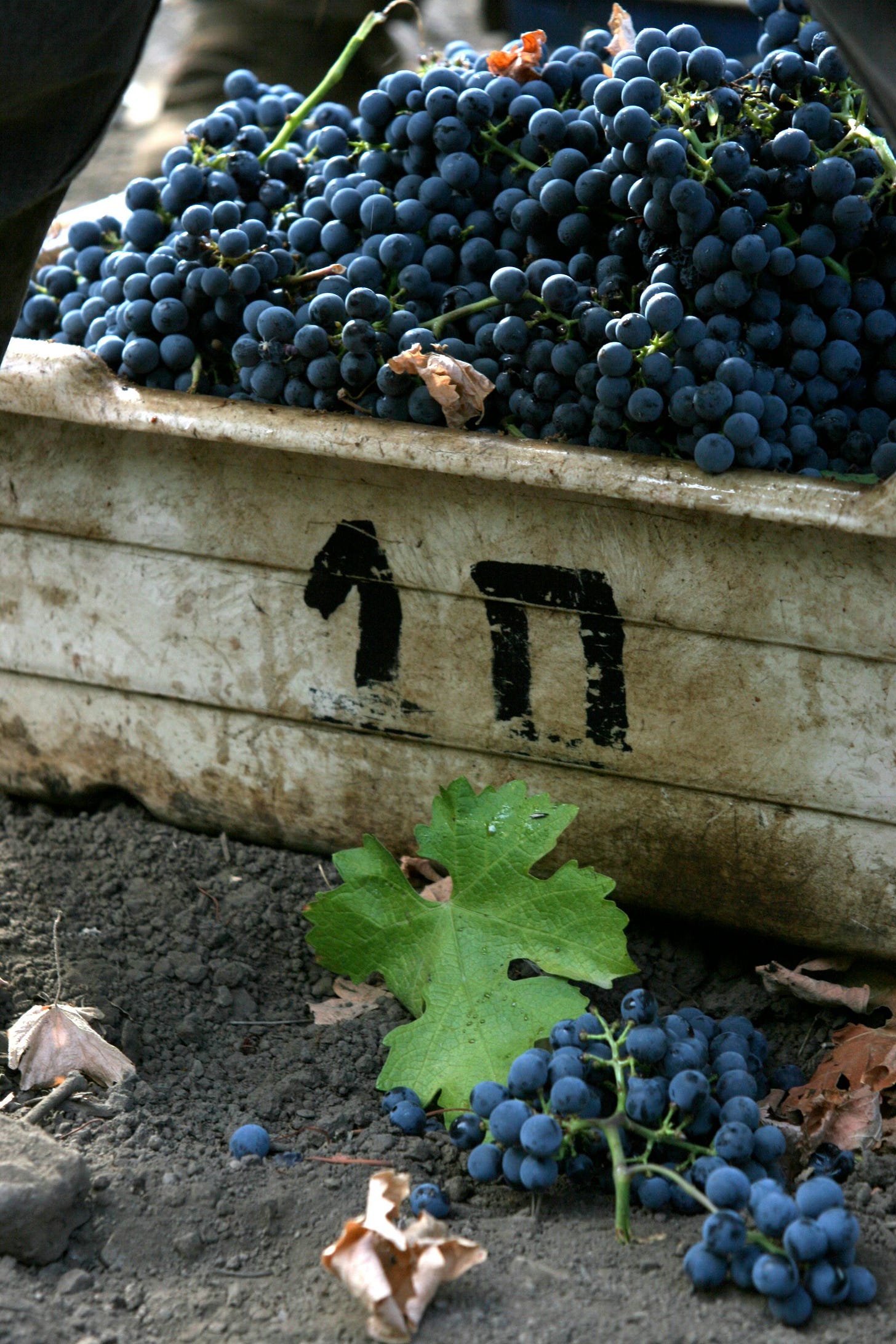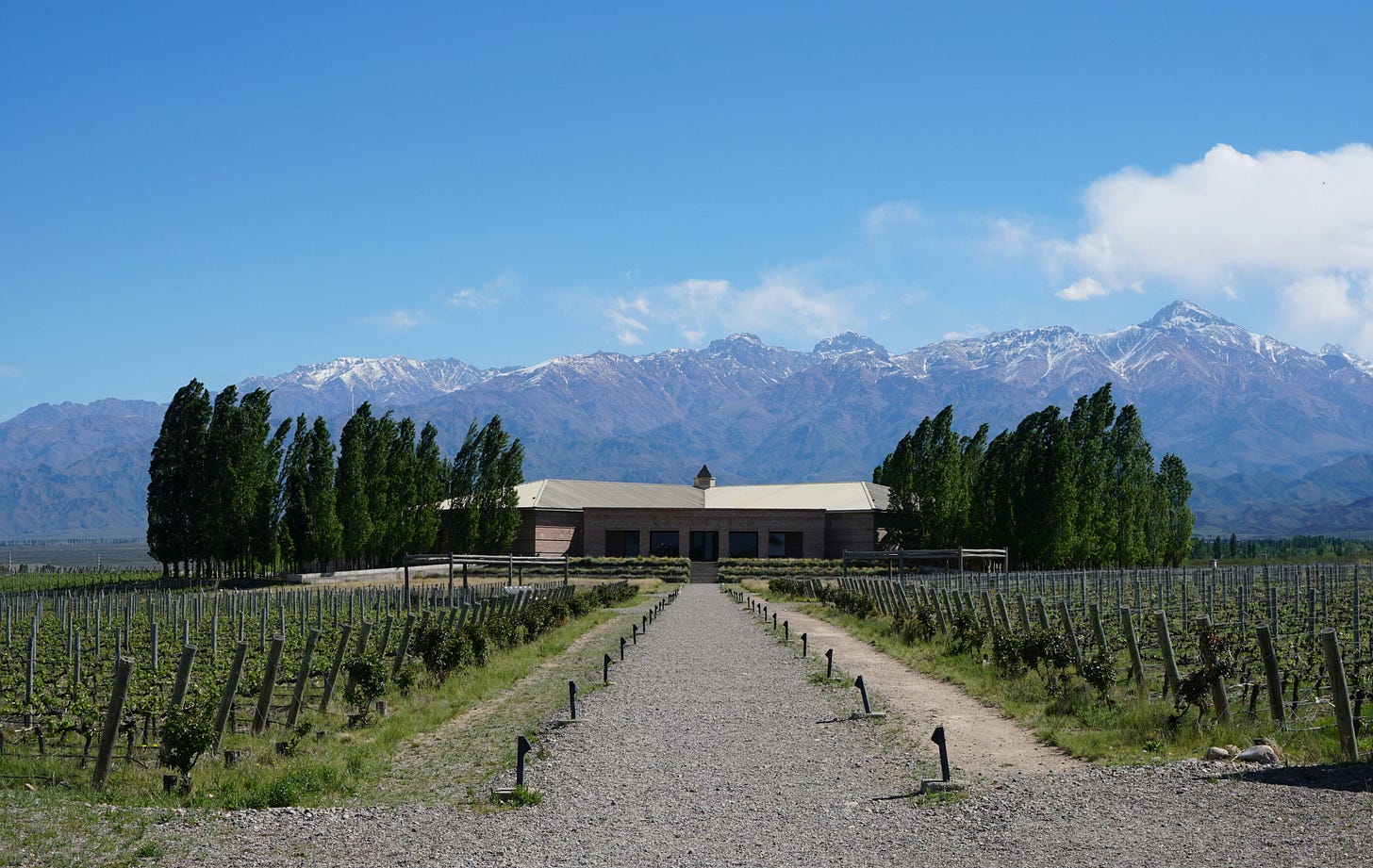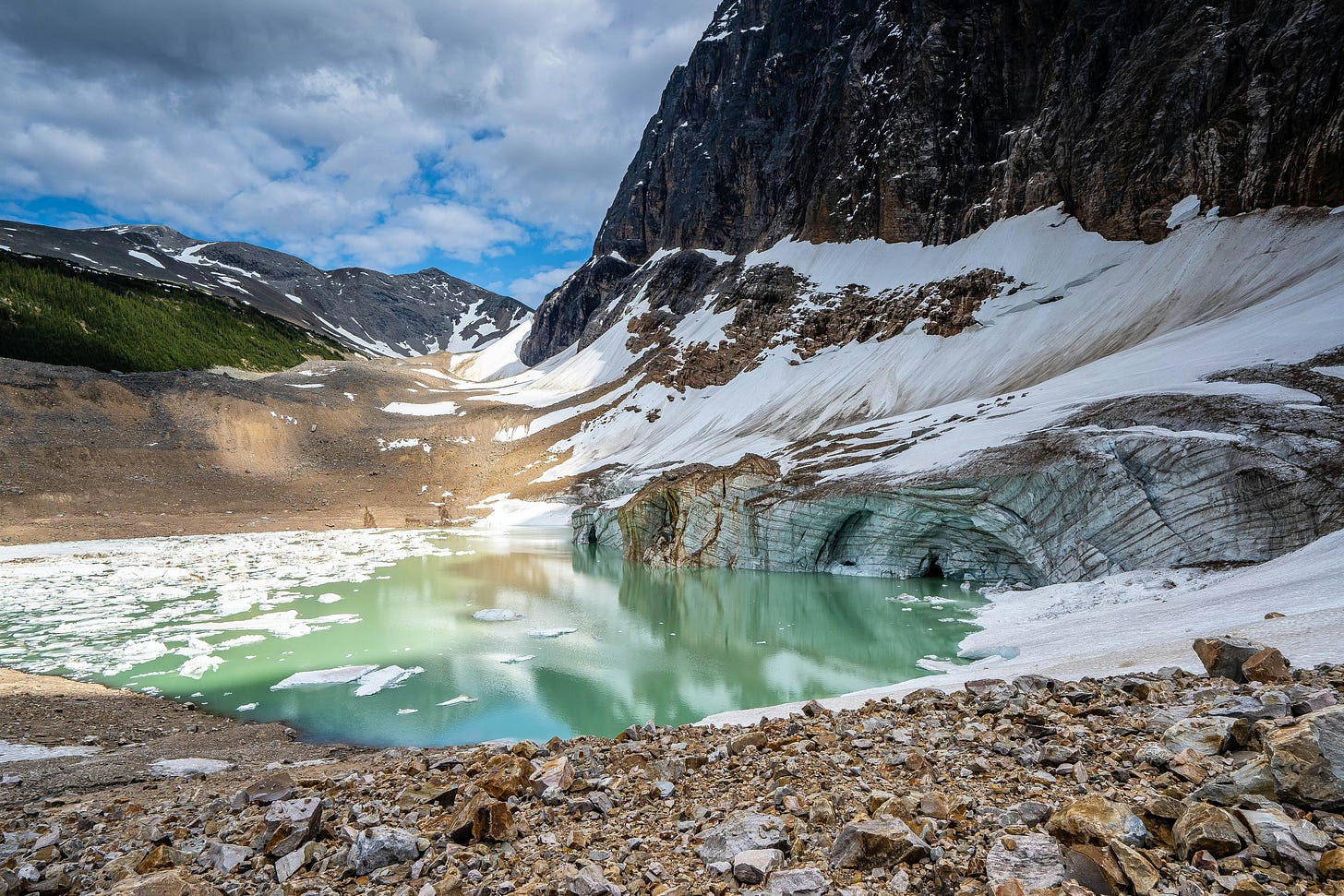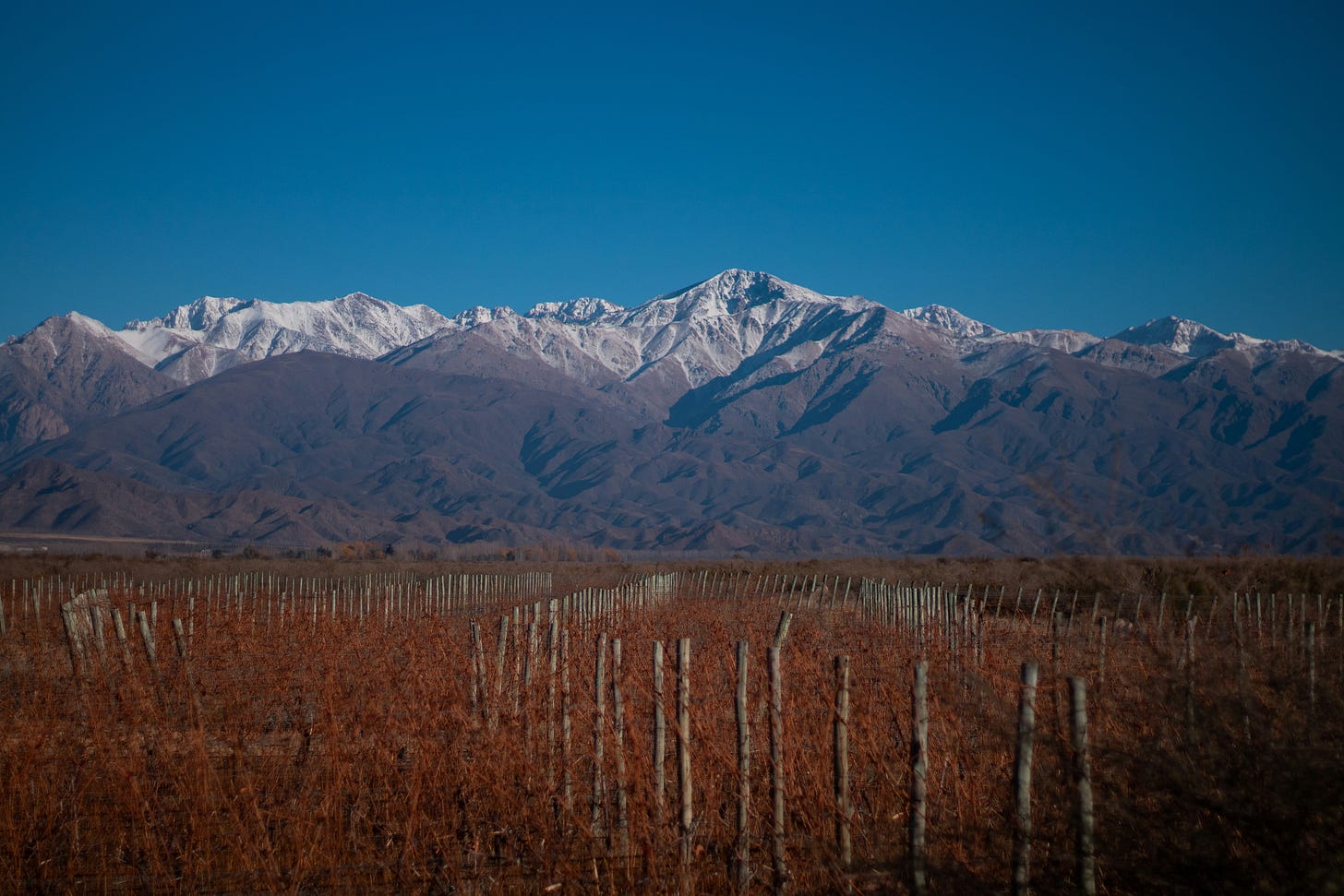Argentina's Wine Story in 2024: Navigating Challenges, Uncorking Potential - 2025 Perspectives
Explore the Argentine wine market in 2024, analyzing its economic situation, vast future potential, and key challenges. Learn about Malbec exports and emerging varietals in this in-depth blog post.
Cordoba, Argentina🇦🇷, Jun. 14, 2025
Preface
Argentina's vibrant wine industry finds itself at a pivotal moment in 2024. While the country's economic landscape presents a complex array of challenges, a renewed sense of optimism and a clear vision for global expansion are shaping the future of this renowned wine-producing nation.
The Economic Tapestry - A Balancing Act
The Argentine economy has long been characterized by high inflation and volatile exchange rates. However, recent government initiatives aimed at stabilization are beginning to bear fruit. Inflation is cooling, and a more liberalized exchange rate, coupled with spending cuts, is instilling confidence among winemakers. This newfound stability is crucial, as a predictable economic environment is essential for long-term planning and investment.
Despite these positive shifts, lingering economic hurdles remain. High inflation, though improving, still impacts the cost of production, and exchange rate volatility can complicate export strategies. Furthermore, the absence of comprehensive free-trade agreements and a fragmented tax regime continue to pose barriers to increased wine exports. Domestically, a slowdown in consumption and economic activity has led to increased wine stocks and depressed raw material prices. The industry eagerly anticipates a robust recovery in the local market.
Uncorking New Horizons - Global Potential and Emerging Markets
Argentina's wine industry possesses an undeniable allure, rooted in its exceptional natural resources and ideal winemaking climate. Malbec, the nation's vinous ambassador, continues to captivate palates worldwide, while other varietals like Torrontés and Bonarda are steadily gaining international recognition.
The potential for global market expansion is immense. A more stable economy and favorable exchange rates are poised to boost the competitiveness of Argentine wines on the international stage. The reduction of export taxes further sweetens the deal for producers looking to make their mark abroad. Beyond traditional markets, the burgeoning global demand for organic and sustainable wines presents a significant opportunity. Argentina's diverse terroir and growing commitment to environmentally friendly practices position it perfectly to meet this evolving consumer preference.
Climate Change - A Shifting Vineyard Landscape
Climate change is undeniably reshaping Argentina's wine map, presenting both challenges and opportunities for adaptation.
Geographical Shifts: Rising temperatures are prompting a strategic migration of vineyards to higher altitudes and more southern latitudes. Patagonia, with its cooler climate, is emerging as a significant new wine-growing region, offering exciting possibilities for unique expressions of Argentine wine.
Temperature and Precipitation Changes: Warmer temperatures and altered rainfall patterns are impacting grape quality and yield. While some traditionally cooler regions may benefit, warmer areas are focusing on adaptive measures to maintain the integrity of their fruit.
Water Scarcity: With many vineyards relying on irrigation, changing precipitation patterns necessitate more efficient water management strategies. This has spurred the adoption of advanced irrigation techniques.
Wind Impact: In regions like Patagonia, strong winds are becoming a significant factor, prompting research into windbreaks and other viticultural practices to protect grapevines.
These climatic shifts, while demanding adaptation, are also fostering innovation within the industry.
Adapting to a Changing Climate - Winemakers' Toolkit
Argentine winemakers are demonstrating remarkable ingenuity in their efforts to mitigate the effects of climate change:
Vineyard Relocation: The strategic move to cooler, higher-altitude, and more southerly regions like Patagonia is a key adaptation strategy.
Water Management: Efficient irrigation practices, including drip irrigation and water recycling, are becoming standard to optimize water usage.
Sustainable Practices: A strong emphasis on organic and biodynamic farming is improving soil health and reducing environmental impact. Wineries like Bodega Argento are leading the charge in organic wine production.
Viticultural Techniques: Winemakers are adjusting their canopy management, using shade nets, and even delaying pruning to manage grape ripening in warmer conditions.
Research and Collaboration: The industry is actively investing in research and collaborating with institutions like the National Institute of Viticulture (INV) and the National Institute of Agricultural Technology (INTA) to develop and implement effective adaptation strategies.
These proactive measures are not only helping to address climate challenges but are also enhancing the overall quality and sustainability of Argentine wines.
The Biodynamic Movement - A Holistic Approach
Biodynamic farming is gaining significant traction in Argentine vineyards, reflecting a profound commitment to environmental stewardship and wine quality.
Holistic Approach: Biodynamic farming views the vineyard as a self-sustaining ecosystem, utilizing natural preparations and composts to foster soil health and biodiversity. This creates a balanced environment conducive to robust vine growth.
Lunar and Cosmic Rhythms: Adherents often align planting, pruning, and harvesting with lunar and cosmic cycles, believing this enhances grape vitality and quality.
Pioneering Wineries: Wineries such as Bodega Krontiras and Chakana have fully embraced biodynamic principles, focusing on soil health, biodiversity, and natural pest control to produce exceptional wines.
Certification and Support: The VinoDinámicos group, a non-profit alliance founded in 2018, actively promotes and supports biodynamic and organic winemaking in Argentina, uniting wineries committed to sustainable viticulture.
Environmental Benefits: Biodynamic farming significantly reduces the reliance on synthetic chemicals, promoting a healthier environment and enhancing soil fertility and resilience, a crucial advantage in the face of climate change.
This growing movement highlights a deep respect for nature and a commitment to producing wines that truly reflect their unique terroir.
The Road Ahead - A Future of Promise
The Argentine wine market in 2024 stands at a compelling crossroads. While economic challenges necessitate careful navigation, the industry's inherent strengths, coupled with proactive adaptation strategies to climate change and a growing commitment to sustainability, point towards a future brimming with potential. The government's efforts to stabilize the economy and enhance export competitiveness are vital steps towards a brighter future for Argentine wine. With a continued focus on quality, innovation, and environmental responsibility, Argentina's wines are poised to carve an even more prominent niche in the global market.—”TangoTech”
What are your thoughts on the future of the Argentine wine industry? 🍷
How do you think these changes will shape the future of Argentine wines? 🍇🍷
How do you think these adaptations will influence the global perception of Argentine wines? 🍇🍷
How do you think this approach will influence the future of winemaking in Argentina? 🍇🍷
Meet “TangoTech”, team member of the dynamic duo behind the innovative crypto currency project for Argentina: CryptoARGVault.
"TangoTech" is a visionary young entrepreneur from Cordoba, Argentina. Her career in finance and economics laid the foundation for her deep understanding of the unique challenges faced by the Argentine economy. TangoTech believes in the potential of blockchain to reshape financial landscapes and empower individuals. Her interest in crypto stems from a desire to create inclusive financial solutions that can transcend geographical boundaries and traditional financial barriers. TangoTech is passionate about community engagement and user experience design. She thrives on building bridges between technology and real-world applications. In her free time, TangoTech is an enthusiastic sustainable whine growing professional and loves exploring Argentina's rich cultural heritage.














